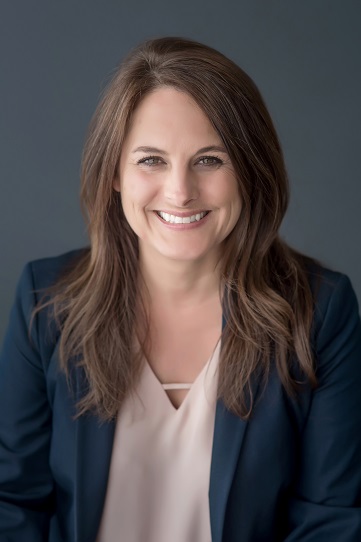Profile: Detective Lt. Andrea Munford
MSU Special Victims Unit Lt. Fights for Survivors
 Detective Lt. Andrea Munford is a member of the MSU Police Department’s seven-person Special Victims Unit. She is passionate about ensuring that survivors are treated with the utmost compassion, sensitivity and respect.
Detective Lt. Andrea Munford is a member of the MSU Police Department’s seven-person Special Victims Unit. She is passionate about ensuring that survivors are treated with the utmost compassion, sensitivity and respect.
“One of the most important things is meeting people where they are and working at their pace,” said Munford, an MSU alumna and 20-year veteran of the MSU Police Department. “We want to give them back some of the control they may feel they lost after reporting.”
When MSU launched its Special Victims Unit in fall 2014, it was among a small handful of universities nationwide to do so. Since then, Munford has been contacted several times a year by other colleges and organizations interested in establishing similar programs.
Police Chief Jim Dunlap first proposed creating the unit, which focuses on cases involving sexual assault, relationship violence, child abuse, stalking, vulnerable adult abuse, missing persons and bias crimes. Members of the unit receive special training in “victim-centered” policing, which emphasizes restoring victims’ sense of control and educates officers in the psychological effects of trauma on memory and other functions. This training builds on the specialized training in trauma-focused investigations that all MSUPD officers receive.
At MSU, the SVU team works hand-in-hand with other offices and programs, including the Sexual Assault Program, Office of Institutional Equity, Safe Place and other campus entities. In addition, the MSU Police Department has agreements with community law enforcement agencies to help ensure close coordination and collaboration.
Munford may learn about an incident in a number of ways: from a mandatory reporter (all MSU employees are required by university policy to report suspected crimes), a neighboring law enforcement jurisdiction or directly from a victim.
If a report comes from someone other than the victim, Munford or one of her colleagues sends an email introducing themselves, providing a list of resources on and off campus, outlining the rights that are guaranteed to victims by state and federal law and offering to meet if the victim is interested.
If a victim contacts Munford directly, the conversation may go like this: “Here are some of your options about what we can do with a report: You can ask for a prosecutor to review your case, we can just discuss resources if you are not ready to make a decision yet or you can choose not to move forward.”
Face-to-face conversations typically take place in the Police Department’s “soft” interview room, a place with upholstered chairs, a sofa, pillows and plants.
“We create a space for victims and survivors so they know the decision about what to do next is given back to them in most cases,” Munford said. “If they choose not to go forward with a case, we will support that decision. Ultimately, if they want to continue with a criminal case, we stay with them, meet with the prosecutor with them, and follow them through that process.”
Munford believes the efforts are working. Reporting is far more common than when she was a student at MSU in the early 1990s (she earned a Bachelor of Science degree in criminal justice in 1996). And it continues to improve.
“We’ve refocused on supporting the victim while still holding the suspect accountable,” Munford said. “With that comes more reporting and the likelihood that we’re identifying more offenders -- and preventing them from offending again.”

